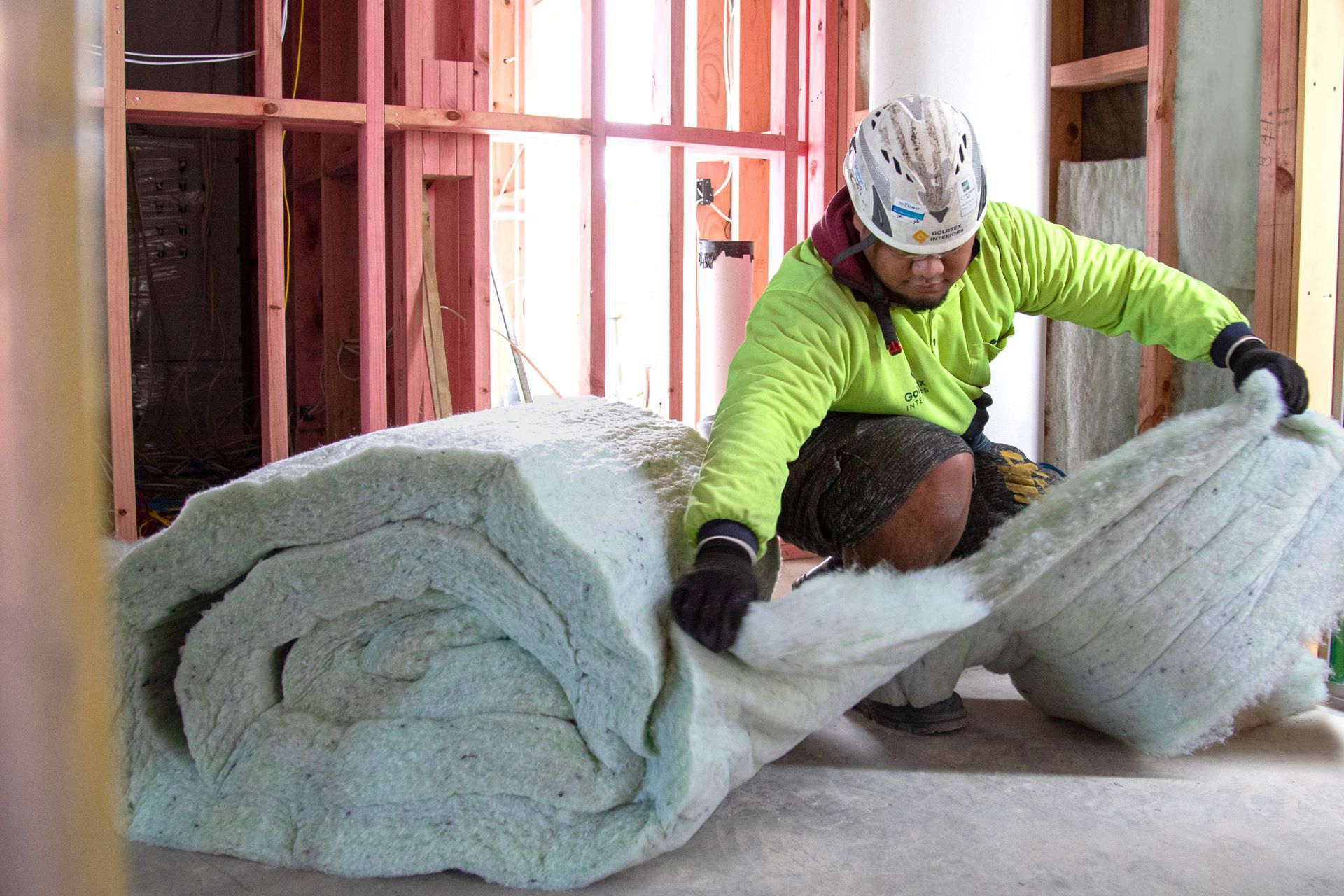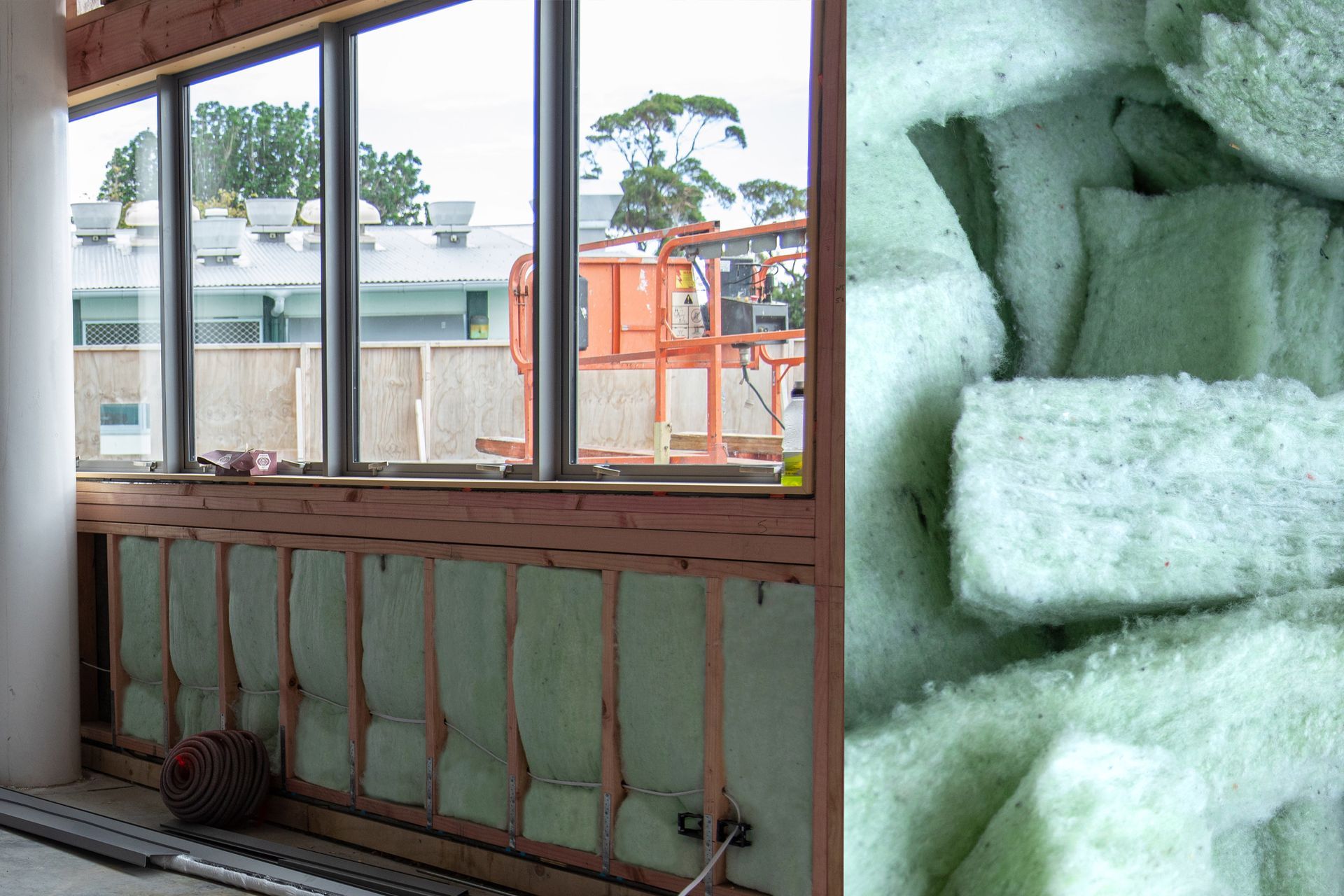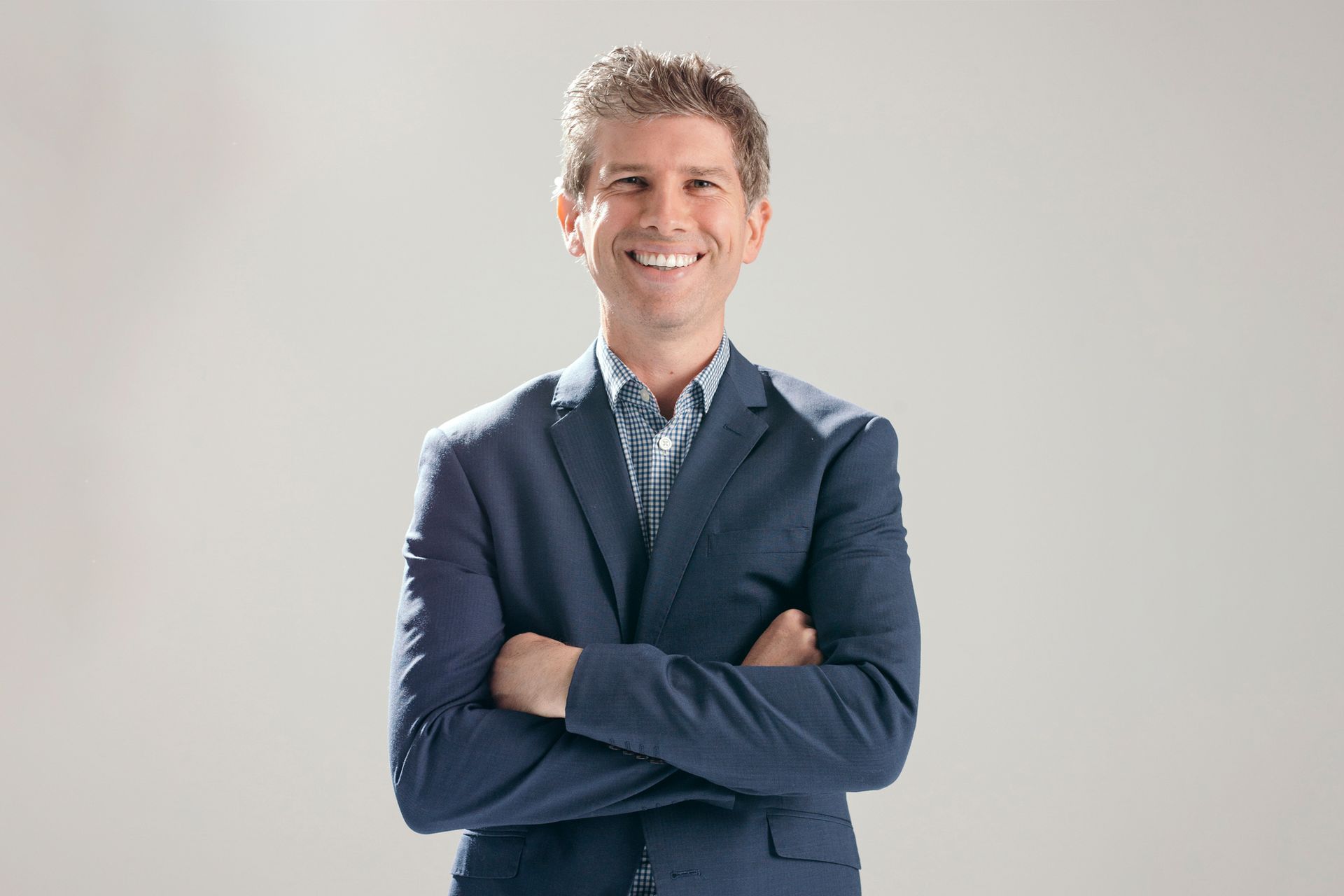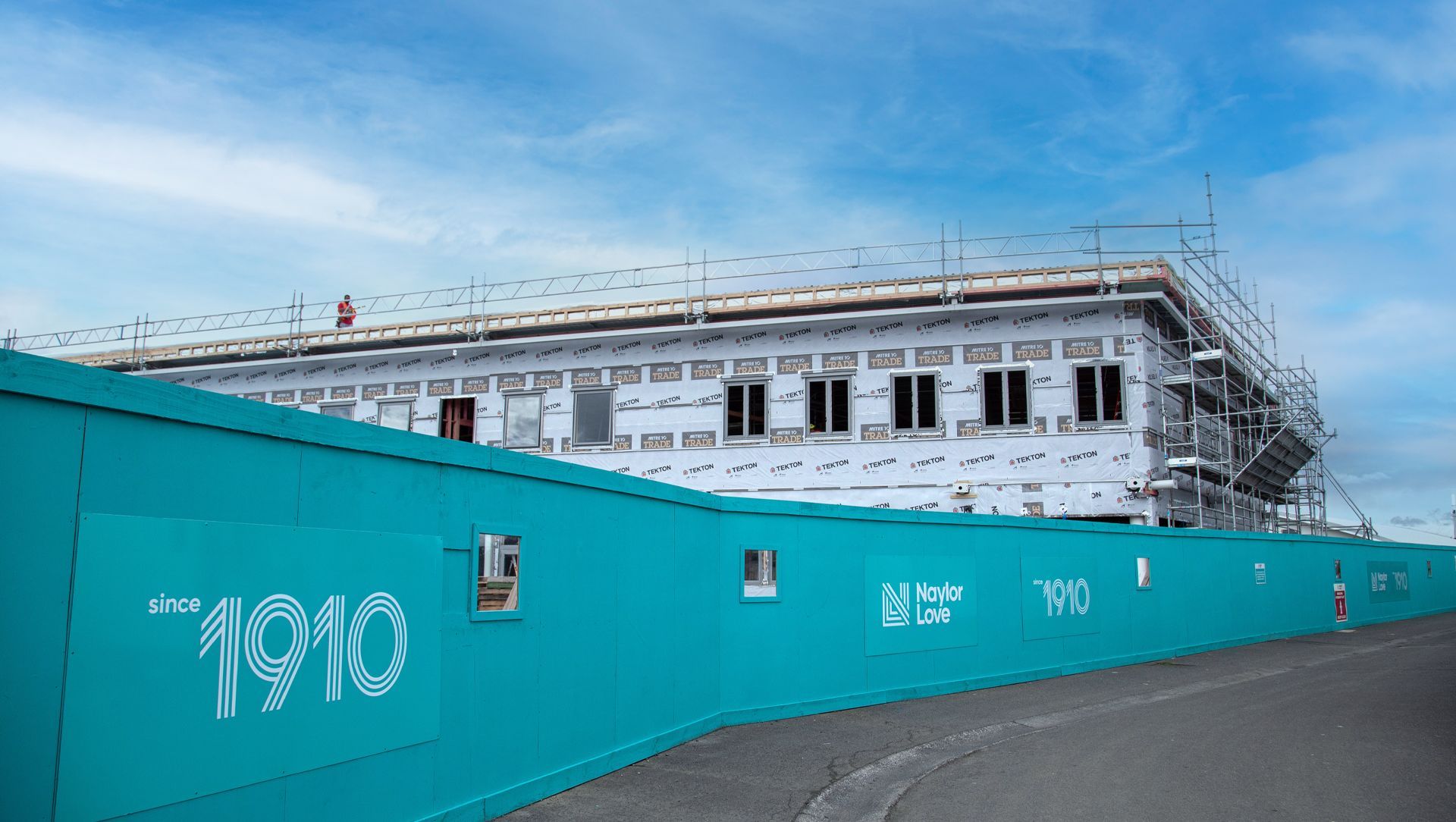School project achieves a 91% recycling rate
With construction and demolition estimated to produce up to 50% of all waste generated in Aotearoa New Zealand, the GreenStuf Takeback Programme seeks to close the recycling loop for insulation and divert waste from landfills.
Working with Naylor Love, we chose Manurewa High School’s new Business Hub as a pilot project for the Takeback Programme. A new build of nine classrooms, a library, amenities and technology spaces, the low-maintenance, low-energy design encompasses a warm roof, automated skylights, double-glazed joinery and recyclable GreenStuf insulation.
‘Naylor Love were briefed by the school to minimise waste on site during the construction phase,’ says Aidan Hill, GreenStuf’s Technical and Sustainability Manager. ‘With GreenStuf already in the specification, we used this project as a trial to investigate how the scheme could be rolled out and what sort of challenges we might face on site.’
GreenStuf makes a great trial product
GreenStuf is a thermal and acoustic insulation made from 100% polyester fibre. Made on a zero-waste manufacturing line with a minimum of 50% recycled content, it was the ideal product to trial the Takeback Programme, as both packaging and product are recyclable at the end of their life. And by recycling the leftover material, offcuts can go into creating the next generation of products.
‘We put in a collection bin on site, where contractors would contain the packaging and insulation offcuts,’ says Aidan, ‘which we would then collect and recycle. It was essential that we had the right installers on site to ensure the products were separated properly and not contaminated with other material.’
Getting buy-in from everyone
One of the things the pilot highlighted was the need for everyone on site to understand what the programme was trying to achieve – from project manager and site manager down to individual contractors. ‘We had the site manager actually reposition the bin underneath his office window,’ says Aidan, ‘so he could directly monitor what was going on.
‘He had to oversee a behaviour and mindset shift on the project. With trades traditionally used to tossing scraps into a large central bin, product stewardship requires them to see the Takeback bins not as rubbish, but as reusable products.’
Once the uncontaminated products were collected, they were returned to GreenStuf for reuse. Packaging was baled up and taken to a local plastics recycler, while the insulation offcuts were put back into the production line to create more insulation, effectively closing the recycling loop.
Transforming how we see and use waste
There is a huge amount of textile and construction waste in New Zealand; combatting that waste will require industry players to transform our practices. Greater product stewardship is being driven by architects, designers and specifiers as well as clients, particularly in the public sector.
‘They are looking to the industry to develop new solutions,’ says Aidan. ‘And we have to normalise collect-and-recycle thinking. We need builders, contractors, installers, project managers, site managers – everyone – to have eyes on their piece of the building cycle.’
The task is just beginning, but Manurewa High School’s new award-winning Business Hub, with an impressive 91% recycling rate across the project, has provided the proof and systems for the GreenStuf Takeback Programme, so we can roll it out across the country.
Find out more about the GreenStuf Takeback scheme.
Installer: Goldtex
Featured Products: GreenStuf® Thermal Wall Blanket
























